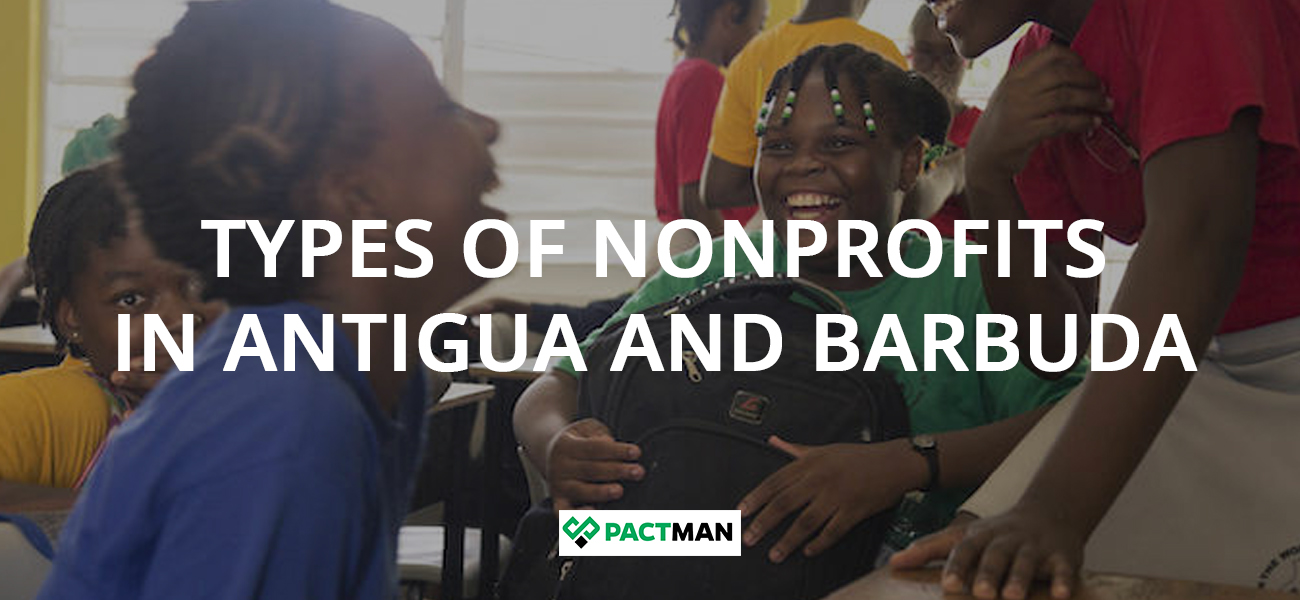There are numerous types of nonprofits in Antigua and Barbuda that deal with different facets of the nation’s infrastructure. Likewise, trade unions are also known to engage closely with these NGOs (nonprofit organizations) and CSOs (civil society organizations). By and large, these entities have made a significant impact by providing support to workers in Antigua and Barbuda.
Like most other Caribbean nations, Antigua and Barbuda’s legal system is founded on the English Common Law. Also, the majority of its statute law comes from the United Kingdom.
In this article, we will consider the various types of nonprofits in Antigua and Barbuda and their operations.

- In Antigua and Barbuda, several organizations complement the effort of the government in national development
- It is common knowledge that nonprofit organizations serve as a nation’s social transformation engine
What are the types of nonprofits in Antigua and Barbuda?
There are four nonprofit classes recognized in Antigua and Barbuda. We will outline each of these types.
1. Companies Limited by Guarantee
The Companies Act of 1995 governs the operations of these types of nonprofits. Likewise, the act states that no association or group can be established to engage in any activity unless it has been incorporated under this Act or another law.
Upon registration, the Registrar shall issue a certificate of incorporation. This certificate constitutes indisputable evidence of the company’s incorporation.
The words “limited,” “corporation,” or “incorporated,” as well as the abbreviations “ltd.,” “corp.”, or “inc” may be included in every organization’s name.
2. Cooperative Societies
The Co-operative Societies Act 2013 governs these types of nonprofits. Altogether, the Act governs the establishment of Co-operative Societies and the members of which have a common bond of philosophy and socioeconomic objectives.
Hence, these entities must align with subsection (4) when determining its proposed director, committee member, or officer of the cooperative society.
In general, a cooperative society cannot conduct activities unless it has been registered in conformity with the Act. However, upon registration, it becomes a body corporate. Also, subject to the Act and its bye-laws, the organization has all the rights, functions, and advantages of a body corporate.
3. International Trust
The International Trust ACT governs and regulates overseas trusts as well as other relevant issues. It should be noted that an international trust’s settlor and beneficiaries cannot both be residents of Antigua and Barbuda. Likewise, the trust is required to have at least one trustee who is a resident of the country.
The name of an international trust must end with the word “Trust”. It also cannot be too similar to another trust that has previously existed in Antigua and Barbuda. This is to eliminate the likelihood of confusion about the entity or its purposes.
There are endeavors that are deemed charitable for the purposes of this Act. Some of these charitable initiatives include the alleviation of poverty; the advancement of health, education, art, culture, sports, or religion; the preservation of the environment, among others. The Act also welcomes any other endeavor that is advantageous to the community.
4. Friendly Societies
These types of nonprofits must have at least seven members to be registered under the Friendly Society Act. Furthermore, the Registrar must receive an application to register the society, signed by seven members and the secretary. The society must also submit copies of the rules, and a list of the names of the secretary, each committee member, and each trustee or other officer who will have the authority to represent the society in legal proceedings.
Simultaneously, the trustees must be chosen by a majority vote of the members present and be eligible to vote in the society.
It should also be noted that a society may be registered as a single society. This is however in the case when it has a fund managed by a central body to which every branch is required to make contributions.
What are the nonprofit requirements in Antigua and Barbuda before registration?
Before a non-profit is incorporated in the country, the Minister must first give his or her consent. Likewise, the various types of nonprofits must have no share capital and should not permit member dividends. Rather, all earnings must be put toward expanding the company’s operations.
Nonprofit activities must be limited to activities that are patriotic, religious philanthropic, charitable, educational, scientific or the promotion of some other useful object among others.
In the case of nonprofit trusts, there are no restrictions on trust accumulation. Also, any property that is vested in a trust corporation is exempt from the legal principle known as the ‘Rule Against Perpetuities.’ However, all trust corporations must have at least USD 500,000 in capital.
Conclusion
In Antigua and Barbuda, several organizations complement the effort of the government in national development. The main areas of focus for the types of nonprofits in the country include health, education, gender issues, and environmental protection.
It is common knowledge that nonprofit organizations serve as a nation’s social transformation engine. Therefore, the activities of NGOs cannot be disregarded.
If you enjoyed reading this article, do let us know. Please, share your comments and suggestions with us at the bottom of this post.


